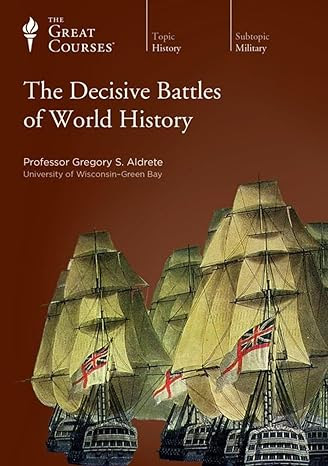MAHDIST WAR: A HISTORY from BEGINNING to END (kindle) by Hourly History

Published by Hourly History in 2020. One of the nice things about the e-books that Hourly History publishes is that they offer free books every week and they cover a wide range of topics in a manageable size. This book is a great example. There is no way that I would have read a 400 page history of this war simply but I was perfectly willing to read about it for an hour while while waiting for an appointment. If you have never heard of the Mahdist War, join the club. This is one of the seemingly never-ending series of colonial wars that Britain took up as the European powers divided up Africa in the 1800's. The Mahdist flag In this case, Sudan rose up and threw out their joint Ottoman/Egyptian overlords, which caused a lot uproar in the area. The British thought it would be a danger to their vassal state of Egypt and possibly Ethiopia, Somalia and may even threaten shipping along the Horn of Africa and access to India. This was probably an overreaction, but the British dec...


















